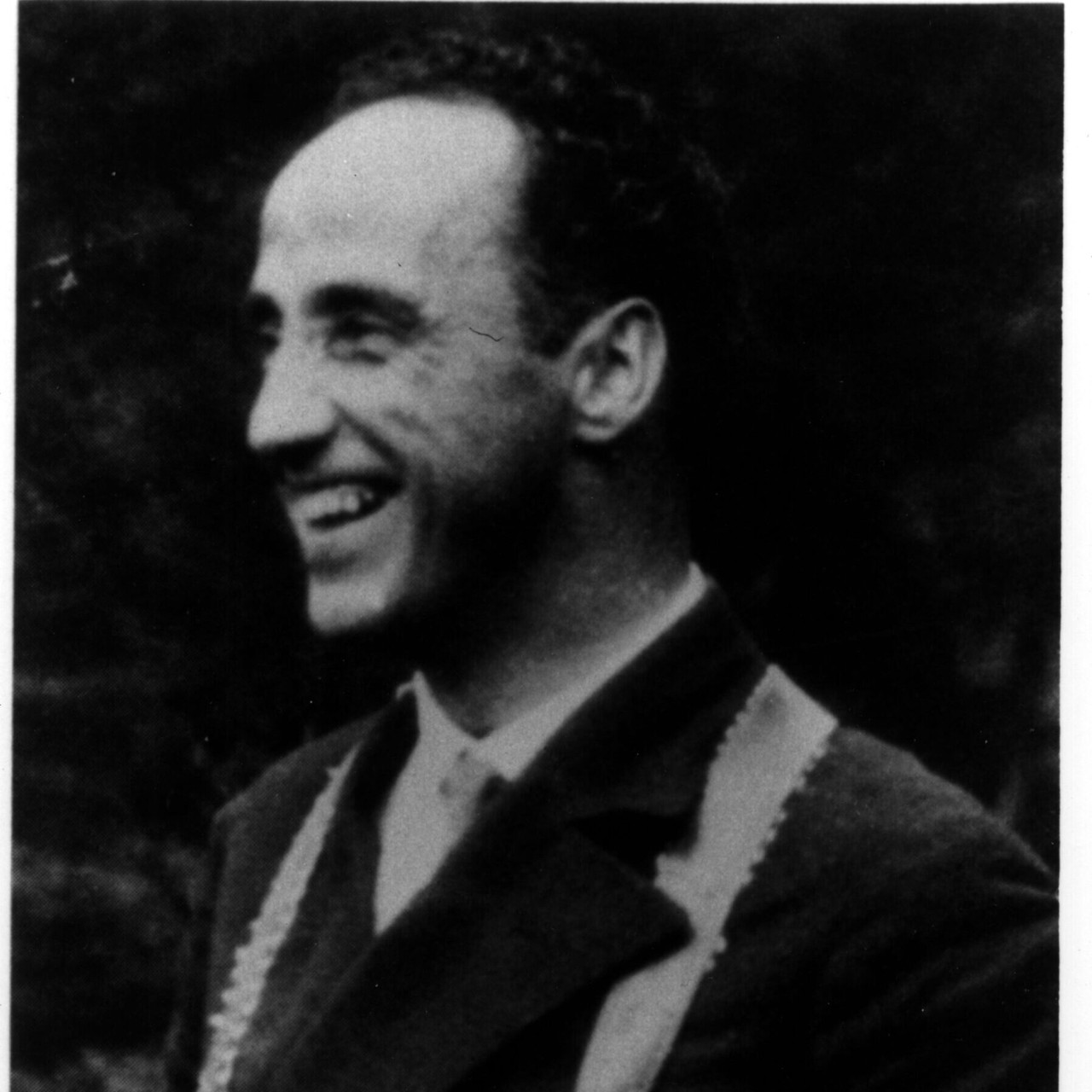Kurt Huber was born in Chur, Switzerland, in 1893. Three years later his family moved to Stuttgart. After completing high school, Huber began studying musicology, philosophy and psychology at Munich university. He received his doctorate in musicology in 1917 and was habilitated in psychology in 1923.
Huber taught at the University of Munich from 1926 onwards. He dealt with theoretical phenomena of music and became a leading representative of international folk song research. In 1937 Huber was appointed vice president of department for folk song studies at the State Institute for German Music Research in Berlin. Hopes of a permanent appointment were dashed due to intrigues. He was accused of having an anti-party attitude. Huber returned to the University of Munich. There, too, he was considered politically ambiguous. He reluctantly joined the NSDAP in 1940 in order to secure a better income to support his family. He was then appointed as an associate professor.
Huber’s lectures were characterized by free thinking. That is why they were also attended by students critical of the regime. These included the Scholl siblings and Willi Graf. In June 1942, Huber met Hans Scholl at a private reading evening. Scholl anonymously sent him the first two leaflets of the White Rose. In order to maintain the connection with Huber, Scholl wrote him a letter from the medical mission on the Eastern front, which Graf and Schmorell also signed.
At the end of 1942, Huber became an active part of the resistance group. In January 1943 he added an important message about freedom to the fifth leaflet and drafted the sixth leaflet at the beginning of February. About 3,000 copies were printed and distributed by the group in Munich.
A few days after the Scholl siblings spread the sixth leaflet at the university, were arrested and sentenced to death, the Gestapo arrested Huber on 27 February 1943. The university expelled him and revoked his academic titles. Huber continued his academic project in prison, where he also drafted a defense speech.
At his trial on 19 April 1943, the People’s Court sentenced Huber to death, along with Alexander Schmorell and Willi Graf. On 13 July 1943, Professor Kurt Huber was executed in the Munich-Stadelheim prison.
